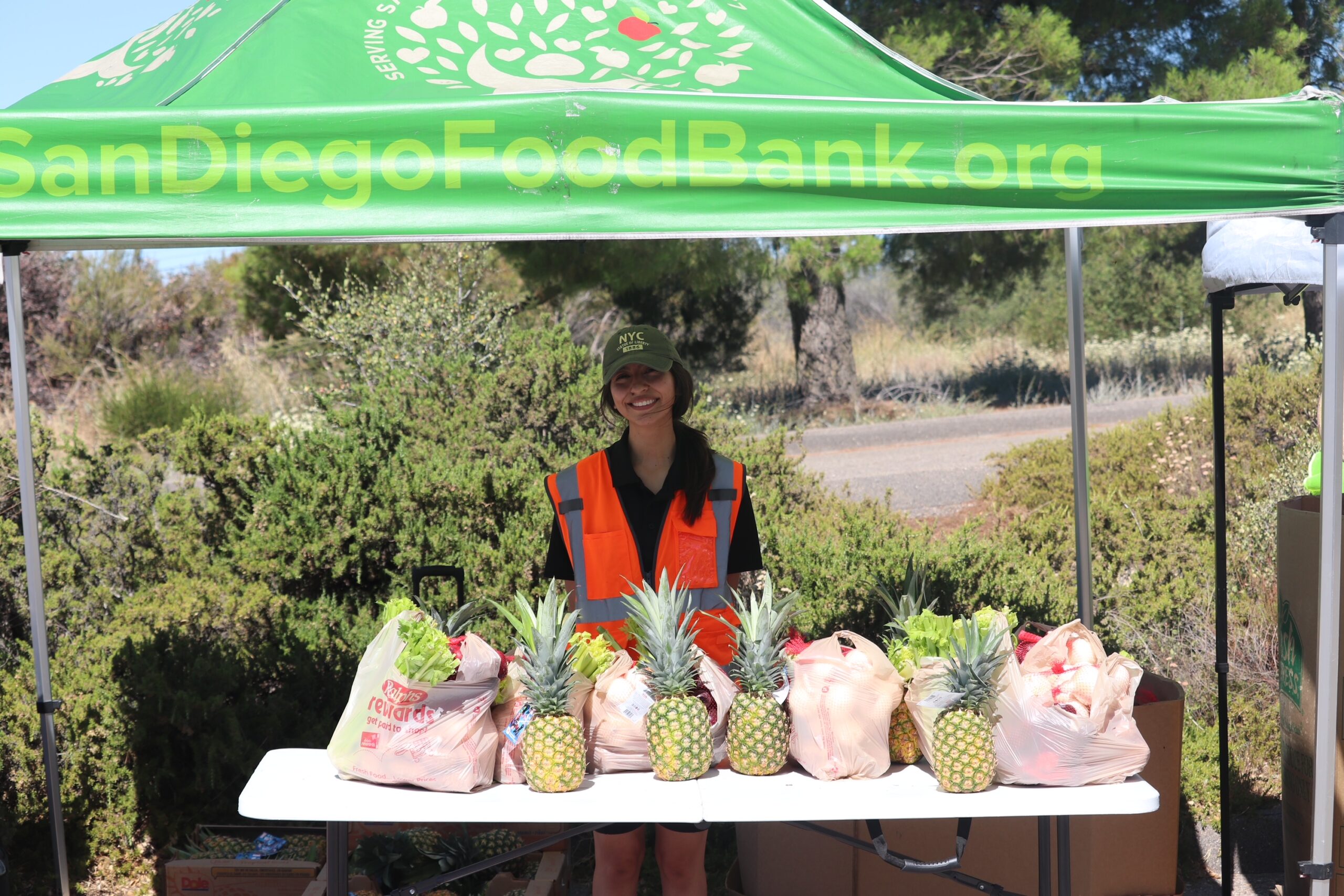by Suzanne Potter
California News Service
Jan. 26, 2023 – San Diego may seem like a wealthy area, but the mountain communities in the eastern part of the county still struggle with hunger and poverty.
Now, a new $100,000 grant from Save the Children’s Innovation Lab will fund the development of a program to mailboxes of shelf-stable food to low-income rural families, starting next year. Anahid Brakke, president and CEO of the San Diego Hunger Coalition, said the program has been a big hit in other communities.
“The parents said, ‘It’s like Christmas.’ The kids feel like it’s Christmas, you know, they get this food box; you know, it’s for them,” Brakke explained. “It really helps supplement the whole household.”
A team from the San Diego Hunger Coalition is at Baylor University in Waco, Texas, this week to learn best practices from other communities already implementing the program. The funds will also be used to train community health navigators who can help people sign up for programs like CalFresh and WIC.
Esther Liew, lead associate for food security projects with the nonprofit Save the Children, said mailing the food boxes makes more sense than asking families to travel long distances to pick them up.
“There’s little public transportation in rural communities, meaning that they then have limited access to grocery stores and places where they can get fresh and nutritious foods,” Liew pointed out. “That makes it really difficult to provide the food that they need for their children and their family members.”
Hunger Coalition data showed about 35 percemt of children in the Mountain Empire region live in poverty, which is nearly triple the rate for the rest of San Diego County.
In a recent community food survey of local residents, almost three-quarters said they would run out of food at some point in the last 30 days and did not have the resources to buy more.
State Projects Millions Could Lose Medi-Cal as Renewals Start Back Up
Starting in April, an estimated 2-3 million people could be dropped from Medi-Cal, the state’s health insurance program for low-income people.
For three years during COVID, terminations were halted, but Congress recently voted to de-link the program from the Public Health Emergency. So California will have 14 months to re-evaluate eligibility for almost 15 million people.
Tiffany Huyenh-Cho, senior staff attorney for the nonprofit Justice in Aging, said people who do not respond to the renewal packet will lose coverage.
“Lots of individuals might have moved, might have had a change in income or a change in household size, or a new job or lost their job,” Huyenh-Cho observed. “It is really important to update contact information such as addresses and phone numbers with the county office.”
The state has an ambassador program to educate community health workers on the resumption of renewals and about the unwinding of the public health emergency, which is expected to end sometime this spring.
Huyenh-Cho noted Justice in Aging is also part of the public education campaign to make sure people who meet the income requirements don’t fall off the rolls.
“Now, individuals can be terminated from Medi-Cal benefits due to an increase in income or an increase in assets for older adults that are subject to the asset test,” Huyenh-Cho explained.
Last year, California increased the limit on assets a single older person can have and still qualify for Medi-Cal, changing the amount from $2,000 to $130,000.



